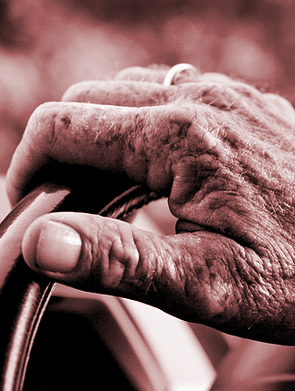Arthritis strikes one in seven
 New data shows that about 1 in every 7 people in Australia report having some form of arthritis.
New data shows that about 1 in every 7 people in Australia report having some form of arthritis.
In total, about 3.3 million Australians reported having some form of arthritis in surveys from 2011-12.
The data also shows the burden on the health system, with hospitalisation rates increasing.
“Hospitalisation rates for both rheumatoid arthritis and osteoarthritis have increased markedly despite little change in their prevalence over last 10 years,” Australian Institute of Health and Welfare (AIHW) spokesperson Tim Beard says.
Between 2003-04 and 2012-13, there was a 55 per cent increase in hospitalisation rates for rheumatoid arthritis and 30 per cent for osteoarthritis.
Knee replacements for osteoarthritis rose by 46 per cent over the same period.
The rise in hospitalisation rates for rheumatoid arthritis appears to be due to increased use of particular drug therapies such as corticosteroids, disease-modifying anti-rheumatic drugs (DMARDs) and biologic DMARDS (bDMARDS).
The number of these procedures tripled since the introduction of bDMARDs in 2003-04.
“These drugs have to be administered and monitored by specialist rheumatologists, to minimise side effects and to ensure their effectiveness,” Mr Beard said.
“Because of this, they often require a day or overnight stay in hospital.'
Since their introduction in 2003-04, the number of bDMARD units dispensed in Australia has risen from around 6,600 units to 156,000 units during 2013-14.
At the same time, benefits paid by the Pharmaceutical Benefits Scheme for bDMARDS rose from $13 million to $281 million annually.
During this time, there has also been a substantial reduction in the number of knee replacements for people with rheumatoid arthritis.
Available data sources are not able to definitively link these changes directly to improved drug treatments.
The data was released as part of the Institute's web-based Musculoskeletal conditions compendium.







 Print
Print